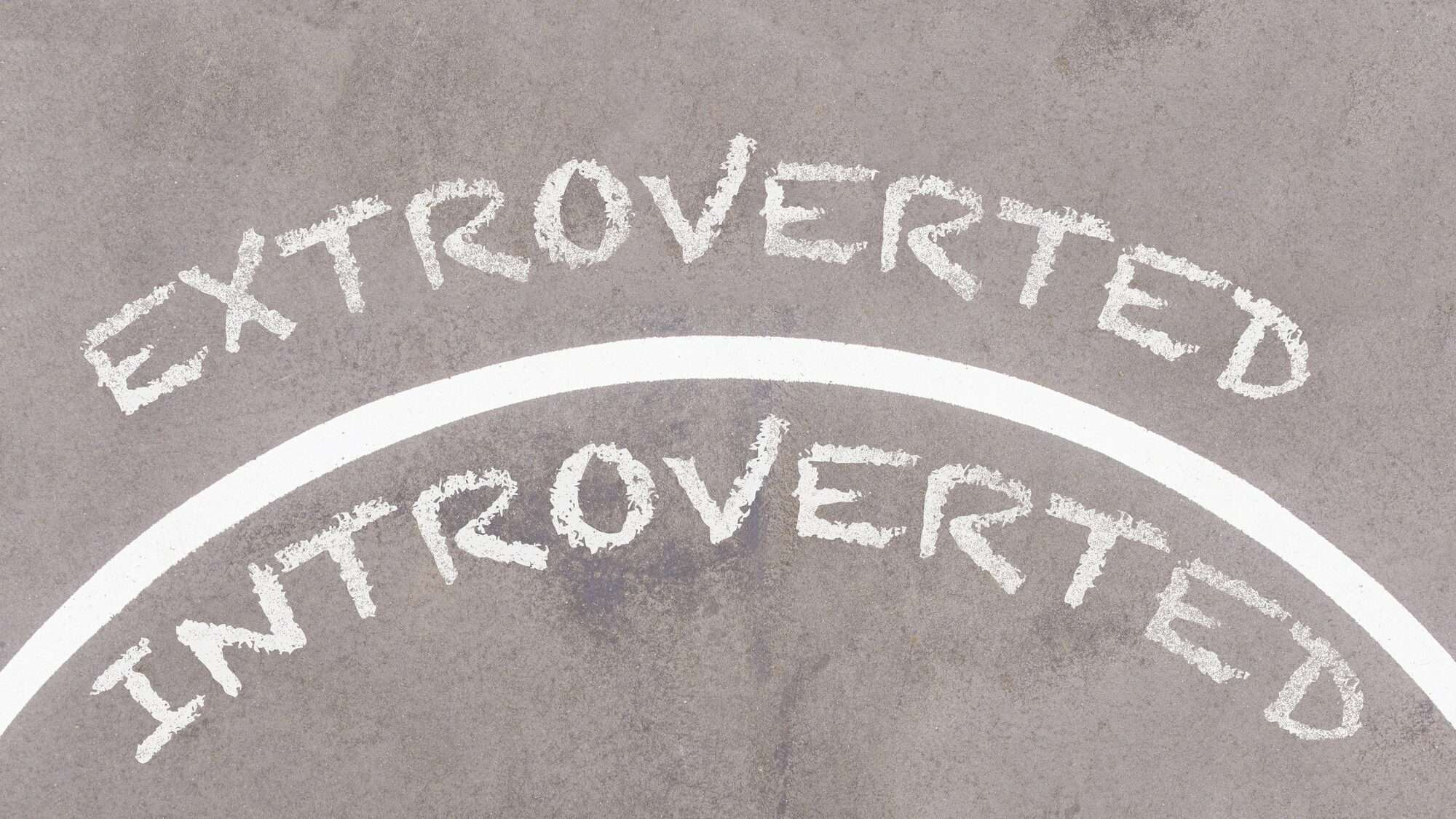While American culture often values the extrovert—the extroverted, gregarious, self-assured, sociable personality—the importance of the focused, introspective, quiet, listening introvert has grown in popularity in recent years. Unfortunately, there are still unfavorable misconceptions about both temperaments. Extroverts and introverts both have distinctive and valued traits, according to research, which may be heavily influenced by heredity and brain structure.
Table of Contents
Technical Working of An Introvert’s Brain

The sensitive brain type, which is linked to having a strong sense of empathy and a propensity for depression, is more prevalent in introverts, as is the cautious brain type (associated with being prepared, risk-averse, and anxious). According to brain SPECT imaging, cautious types overactive basal ganglia and sensitive types overactive limbic system, or emotional centers, of the brain.
The anterior cingulate gyrus, temporal lobes, and parietal lobes all showed higher levels of brain activity in introverts, according to a study by Amen Clinics on the neurological bases of introversion and extroversion. The top back region of the brain contains the parietal lobes, which are in charge of world perception. Sights, sounds, smells, and other sensory input can be overpowering and cause sensory overload in introverts.
As a result, introverts require some alone time to unwind and recharge. They prefer to write instead of chat, need solitude to focus, are self-aware, take their time to make decisions, enjoy their own company, and feel exhausted after social events or being around a lot of people.
Technical Working of An Extrovert’s Brain

The spontaneous brain type, which is linked to spontaneity and creativity, is more prevalent in extroverts. According to SPECT scans, this brain type is linked to reduced prefrontal cortex activity (PFC). This is consistent with the results of the study by Amen Clinics, which shown that extroverts had lower levels of general brain activity, including decreases in the PFC. Dopamine tends to be scarce in this brain type.
Extroverts are driven to activities that normally increase dopamine levels in the brain (social, external reward, high sensory), but they can also be impulsive and participate in risky activity, such as binge drinking or dangerous sports like free climbing. They are more vulnerable to addiction and ADD/ADHD.
An extrovert often doesn’t need a lot of alone time, thrives in social situations, wants to work through issues or questions with others, is cheerful and upbeat, and isn’t afraid to take chances. These temperaments are powerful and can endure a lifetime, which suggests that they are probably caused by the varied excitability of distinct brain regions.
Myths and Reality of Introverts and Extroverts

Socializing is Only Enjoyable To Extroverts
Once more, rather than a certain sort of person not wanting to socialize at all, the differentiator is how many individuals a person enjoys spending time with. Contrary to popular belief, introverts are not ‘anti-social. Relationships and social interaction are enjoyable for introverts; nevertheless, their tolerance for social interaction varies. Extroverts, on the other hand, are sometimes referred to as social butterflies or the life of the party. Dr. Fraga says that although there is a correlation, it is not always the case. Even though introverts do tend to prefer spending more time alone, this break enables them to fully engage and have fun when they’re with others.
An Introvert is Not a Good Leader
Extroverts are frequently given leadership roles because they are extroverted, friendly, charismatic, quick thinkers, and rewards from the outside world seeker. However, introverts also make excellent leaders, often even better ones because of the unique skills they bring to the table. This is partly because of how the brain works. According to study, introverts’ brain reward response is more sensitive to dopamine than that of extroverts. In fact, a study that looked at how introverts and extroverts responded to dopamine showed that introverts did so in a far more measured way. It might explain why introverts experience sensory overload after high-dopamine events. They want for relaxing events and activities as a result.
Additionally, experts think that acetylcholine is the source of their reward response. It has softer effects including alertness, contentment, and relaxation. Introverts enjoy mental engagement and focus-requiring activities like reading. Because of this, introverts have the capacity for sustained concentration, balanced and critical thought, empathy, and the capacity to subtly inspire others. When compared to extroverts, introverts have occasionally demonstrated superior business success.
Extroverts Are Happier Than Introverts
Simply said, they are content in different ways. There is proof that extroversion is linked to an affect that is happier, exuberant, and high-energy. This is referred to as “high-arousal positive affect” by researchers. On the other hand, introverts frequently “search out a different kind of happy. We seek for lower key events because we are more susceptible to overstimulation. Introverts like low-arousal pleasant emotions like peace and rest. Unfortunately, an introvert enjoying a calm mood may be seen with alarm in a culture that favors highly-visible, high-energy happiness.
Introverts Avoid Risks
What on earth does the number of people you hang out with or whether you enjoy your alone time have to do with taking risks? Extroversion and introversion are two quite separate concepts from fears and desires. According to Dr. Fraga, “[Certain labels] convey disinformation and can lead to the proliferation of misconceptions about these personality traits that are incorrect.” Give introverts an opportunity to express themselves and decide if an activity is something they are interested in doing rather than writing them off for risky activities.
Extroverts And Introverts Might Not Get Along Well
There are instances when an introvert may choose to hang out in a large group while an extrovert converses one-on-one. The truth is that no one is completely one way or the other. An introvert and an extrovert may find lots of common ground because these inclinations are not indicative of a person’s personality. Give everyone an opportunity, regardless of the size group they feel most at ease with.
Either You Are An Introvert or An Extrovert.
We label and think in absolutes a lot as humans. We categorize individuals as extroverts or introverts, period. But specialists contend that there is a continuum between these temperaments. We frequently exhibit a mix of introverted and extroverted features, with a tendency to lean toward one or the other.
While some study suggests that our temperament doesn’t vary significantly over the course of our life, other studies show that it can be advantageous to cultivate personality traits that are not inherently part of who we are. By taking part in “extroverted” activities like making a presentation or socializing, introverts might increase their pleasure.
Similar to introverts, extroverts might benefit from taking some time to unwind, listen intently, or concentrate intently on a challenge. Developing both extroverted and introverted features may be the key to success, despite the fact that our brains and genes may put us on either side of the introversion/extroversion continuum.
All people, whether they are extroverts, introverts, or have a combination of the two, have talents to offer the world as well as challenges related to their brain health. Your well-being may benefit from knowing your brain type and temperament.
Also read:


